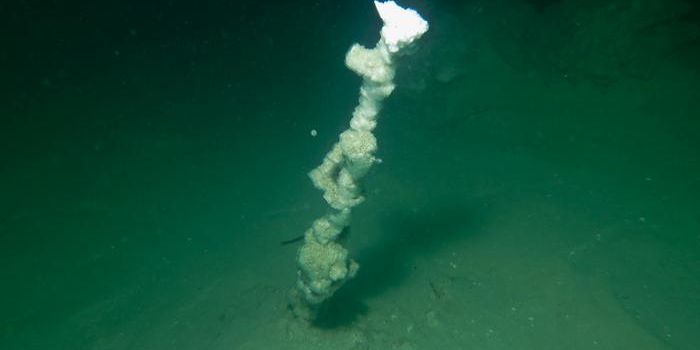New Study Unveils Link Between Fracking and Small Earthquakes
A recent study published in Science examines the potential connection between fracking and earthquake tremors, the source of which has eluded scientists until now. The process of fracking involves extracting natural gas and oil from underground through high-pressure shots of fluids from a fracking station on the surface. While such processes are traditionally conducted using wastewater, this study analyzed data from fracking processes using liquid carbon dioxide (CO2).
A fracking station near Alvarado, Texas. (Credit: Loadmaster (David R. Tribble))
A 2020 study published in the International Journal of Hydrogen Energy estimated fracking with liquid CO2 could result in reducing the same amount of carbon from the atmosphere as 60 nuclear plants or 1 billion solar panels.
“Because this study examines a process that sequesters carbon underground, there may be positive implications for sustainability, and for climate science,” said Dr. Abhijit Ghosh, who is an associate professor of geophysics at UC Riverside and a co-author on the recent study.
For the study, the researchers analyzed seismic tremor data in Wellington Field, Kansas, and found a correlation between the time of the recorded tremors and liquid CO2 being injected underground as part of the fracking process. Placing their seismometers at several locations around a fracking station, the researchers gathered data for a period of six months, along with one month both before and after the liquid CO2 injections took place, for a total of eight months.
“Seismometers are not smart. You could drive a truck nearby, or kick one with your foot, and it would record that vibration,” said Dr. Ghosh. “That’s why for some time we didn’t know for sure if the signals were related to the fluid injections.”
The researchers note this data can be used to monitor tectonic fault lines during times of fracking fluid injection, specifically pertaining to liquid CO2, in hopes of identifying potential earthquake triggers caused from fracking.
What new discoveries will researchers make about the connection between fracking and earthquakes in the coming years and decades? Only time will tell, and this is why we science!
As always, keep doing science & keep looking up!
Sources: Science, EurekAlert!, Natural Resources Defense Council, International Journal of Hydrogen Energy, UC Riverside News









